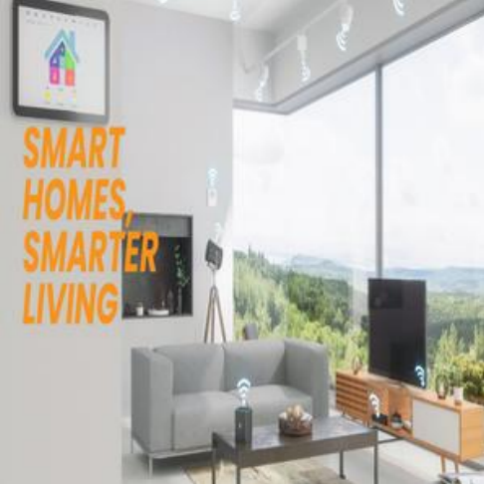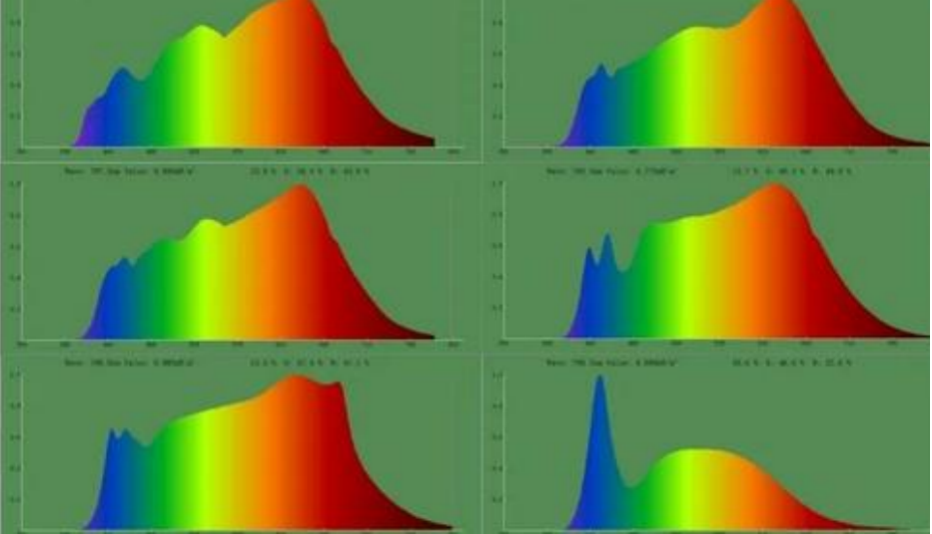Beyond Convenience: Is Smart Home Living Worth the Investment?
Smart home technology has changed a lot, and for careful shoppers who can afford it, the real question is not “is it in my budget?” but rather “will it make my life better in the long run?” Full-home smart systems go way beyond just controlling lights and temperature with your voice. To truly understand their value, it’s important to see beyond the flashy ads and focus on the real, lasting benefits that fit with a sophisticated way of living.

Privacy and Security: The Hidden Foundation of Luxury
Wealthy individuals place a high importance on maintaining control—over their surroundings, their information, and their sense of security. In contrast to basic smart devices that depend on cloud storage and outside servers, high-end systems consider privacy as a fundamental aspect rather than an afterthought. Premium configurations utilize edge computing, which allows data to be processed locally on specific hubs instead of being sent to remote servers. As a result, details about your morning habits, sleep cycles, or home occupancy stay within your property, a crucial factor for those who prioritize privacy.In addition, security goes beyond simple motion detectors. Luxury systems incorporate biometric entry, AI-driven anomaly detection, and comprehensive encryption for all devices. For homeowners who own valuable art, wine collections, or professional spaces, these features turn smart homes into secure yet stylish environments, where safety is felt but not intrusive.

Long-Term Value: More Than Dollars Saved
Some critics claim that smart homes are too expensive, but for wealthy users, the value goes beyond just savings. Take energy management as an example; it involves more than simply turning off lights from a distance. These sophisticated systems can adapt to your routines: a smart thermostat, when combined with occupancy sensors, adjusts the temperature in empty rooms, while smart windows with tinting features can cut down air conditioning use by 20-30% during hot months—an essential advantage for larger homes with hefty utility bills. Over a five-year span, these reductions in energy costs can cover 30-40% of the installation expenses.

Time, often considered the greatest luxury, is another benefit gained. Picture a system that warms up your bathroom floor before you get up, automatically reorders groceries when you’re running low, and arranges cleaning times with your staff—all without needing any manual action. For busy professionals, this level of automation frees up 5-7 hours each week, allowing more time for work, family, or relaxation.
Elevating Quality of Life: Personalization as Art
The true charm of a premium smart home is its ability to adapt to your lifestyle, meeting needs that go beyond simple commands. In smart bedrooms, mattresses can change their firmness based on your sleep patterns, while lights can dim according to melatonin levels. Alarms are timed to go off during your lightest sleep, making waking up feel smoother. Home theaters adjust sound settings to match the movie genre, while kitchens can suggest meal ideas and warm up appliances, transforming chores into enjoyable rituals.
For those who love to entertain, a single tap can shift a living room from "quiet reading" mode to "dinner party" mode, adjusting music, lighting, and the temperature of the wine fridge instantly. This technology is effortlessly luxurious, never intrusive.Designed to be long-lasting with adaptable systems like Matter, these smart homes evade becoming outdated thanks to updates that introduce new features without needing a complete overhaul. For homeowners who appreciate quality, a smart home provides control over privacy, efficient resource use, and a dynamic living environment. The real worth comes not from the technology itself but from creating a personal and intuitive sanctuary.
(Writer:Dick)





